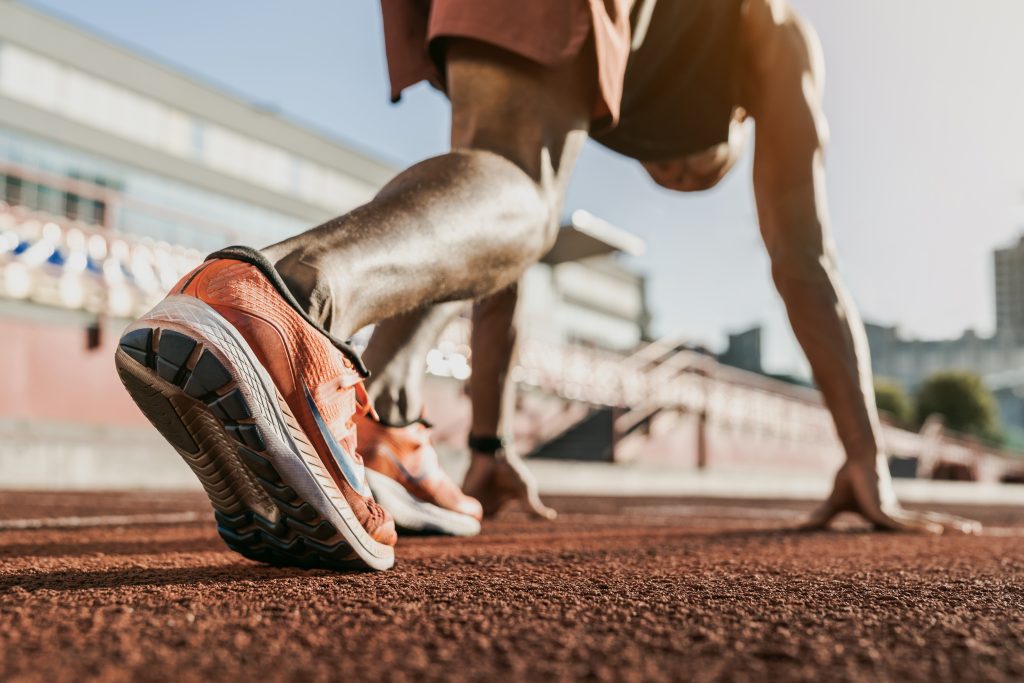In today’s blog, we discuss how injuries can derive from running and how to combat it and reduce your reliance on chiropractic treatment or physiotherapy for help.
To learn more about our treatments, explore our website or contact us today! Our team will be happy to talk through your ailments and develop a treatment plan for you.
Why is Running Great for You?
As a form of cardio exercise, running is one of the most popular exercises people engage in, and for good reason: it’s easy to do, it’s a great workout, and it offers a lot of health benefits. Some of the main benefits of running include improved cardiovascular health, increased endurance, and strengthened bones and muscles.
Furthermore, running is a great way to lose weight or maintain a healthy weight, as it burns a significant number of calories. In fact, running can help you burn up to 500 calories per hour.
Moreover, running is great for mental health. It can help reduce stress and anxiety, and has been shown to improve mood. As the body releases endorphins, your mood improves as a result. Additionally, running allows you to escape the stresses of life and focus on the task at hand. Alternatively, it provides time and space to think over important parts of your life.
Common Running Injuries
There a wide variety of injuries that can be caused by running. We have highlighted a few of the most common ones below. If you are experiencing pain, but are unsure on whether it is one of the below issues, then be sure to contact us today. Our experts can prescribe chiropractic therapy or physiotherapy for a wide array of running injuries.
Runner’s Knee
One of the most common running injuries is Runner’s Knee, which is when you feel pain around your kneecap caused by the wearing down of the cartilage. This often comes as a result of repetitive strain on the knee joint, particularly when running on hard surfaces, such as tarmac or concrete.
Whilst you may not necessarily be able to cure this, there are ways to reduce its effects. When you start back with your running after resting from one of these complaints, do so gradually so that you don’t have a repetitive injury. Start by walking for a few minutes and then slowly increase the speed, adding in a few jogs until you’re back to your regular routine. Make sure you warm up properly and stretch out afterwards to avoid any cramps or tightness in the muscles. If the pain does persist, it might be worth consulting a physiotherapist or chiropractor, who can give you some tailored exercises to help strengthen the muscles around the knee and reduce the risk of an injury happening again.
Shin Splints
Shin splints are another common injury, and are characterised by pain in the shin bone. This is often a result of overuse of the lower leg muscles and tendons, and is exacerbated by running on hard surfaces.
If you feel pain in the front or inside of your lower leg during your training, then you may be suffering from a Shin Splint. Shin Splints are a common injury for runners, and can be caused by a number of things, such as over-training, running on hard surfaces, poor footwear or even flat feet.
This often derives from pushing yourself too hard and too fast when training. We recommend slowly progressing the distances you run, to avoid overloading your body to the extent that it causes injury.
Achilles Tendonitis
Achilles Tendonitis is another common running injury, and is characterised by pain and inflammation in the Achilles tendon. This is often caused by overuse, and can be exacerbated by running on hard surfaces or wearing improper shoes.
If you’re experiencing pain in your heel, ankle or calf muscles, it might be worth consulting a physio to see if you have Achilles Tendinitis. Like many running injuries, this one can be prevented by gradually progressing your distances when starting back after a break, as well as warming up properly before each run. You should also make sure you wear appropriate shoes for your foot type and that they are in good condition – old, worn-out trainers are more likely to cause injuries.
Plantar fasciitis
Plantar Fasciitis is a condition that affects the plantar fascia – a band of tissue that runs along the bottom of your foot. This can often be caused by overuse, and is characterised by pain in the heel and arch of the foot.
If you’re experiencing pain in your foot, particularly when taking your first steps in the morning, then you might have Plantar Fasciitis. This injury is often caused by overuse, so it’s important to take things slowly when you start running again after a break. Make sure you stretch out properly before and after each run, and wear supportive shoes that cushion your feet. If the pain persists, seek physiotherapy for some targeted exercises.
Ankle Sprains
An ankle sprain is a common injury that can occur when you twist your ankle, and is characterised by pain, swelling and bruising.
If you feel pain and instability in your ankle after twisting it, then you’ve most likely sprained your ankle. This is a very common injury among runners, particularly those who do a lot of off-road running.
There are a few things you can do to help speed up the healing process and reduce the risk of reinjury. Firstly, make sure you rest the ankle as much as possible – this means avoiding any type of exercise or activity that aggravates the injury. You can use an ice pack to help reduce swelling, and take over-the-counter painkillers to relieve
How Can Falcon Health Help?
At Falcon Health, we see many clients come to us with running injuries. We utilise chiropractic treatment and physiotherapy for a variety of reasons, all of which can help combat sporting injuries.
Physiotherapy for Running Injuries
Our physiotherapists are highly experienced in the assessment and treatment of sporting injuries. We use a combination of manual therapy, electrotherapy and exercise prescription to help you return to running as soon as possible.
Our physios will also provide you with exercises to do at home, which will help you prevent future running injuries from occurring. These exercises are designed to strengthen the affected area, as well as other elements of the body, to stabilise your feet, knees, hips and legs, to prevent injuries from recurring.
Chiropractic Treatment for Running Injuries
At Falcon Health, we also offer chiropractic treatment for running injuries. Our experts use a variety of treatments, including adjustments and manipulations to support your alignment.
Chiropractic is a great way to treat sporting injuries as it helps to restore normal movement and function to the joint. This can improve the range of movement in a joint or relieve pain and tension, thus reducing pain when running.
Contact Us
If you are suffering from a running injury and seeking chiropractic treatment or physiotherapy for running injuries, then contact us today on 01444 257555 or info@falcon-health.com. Our team will be happy to discuss your injury with you and welcome you to a consultation to develop a bespoke treatment plan.
If you would like to learn more about our services or are seeking chiropractic care or physiotherapy for another injury or issue, then explore our website or contact us today.
Article: Phoenix Marketing






